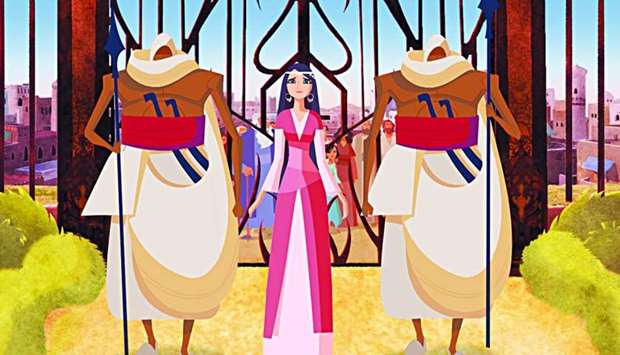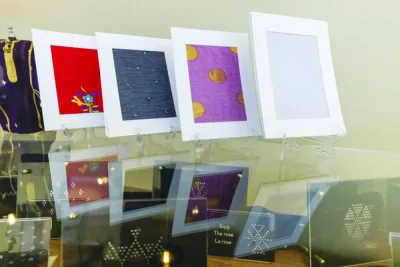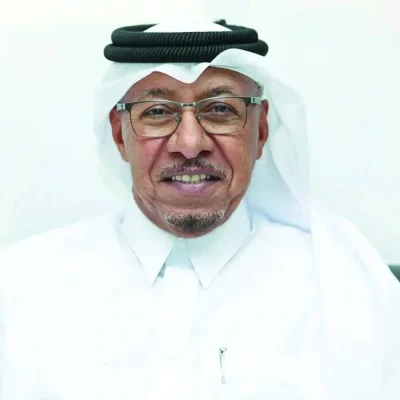“The Qatari film industry is thriving, thanks to the efforts of its creative talents across film and media industries,” she told reporters at a press conference on Monday on the staging of the fifth Ajyal Youth Film Festival.
From 70 films from 33 countries last year, al-Remaihi noted that the festival now features 103 from 43 countries while the number of jurors also grew from 300 in 2013 to 550 this year
Ajyal 2017 will also highlight the works of people, considered as ‘champions,’ who stood in solidarity with Qatar at ‘LeBlockade’ – a multimedia exhibit of films, digital artworks and installations showcasing the creative movement that emerged in the country as a reaction to the unjust blockade, it was announced.
“The residents of Qatar helped transform the negative impact of the ongoing unjustified blockade into stronger unity between citizens and expatriates, and a greater bond between us and our leadership, through visual art,” the senior DFI official stressed.
She pointed out that Qatar residents showed their love for the country across all platforms, writing and sending messages of love and showing their unwavering optimism, patriotism and pride.
According to al-Remaihi, these champions also highlight the importance of film as a powerful medium that raises awareness, clears misconceptions and counters the phenomena of fake news.
Despite the many challenges in the region, including the blockade, she said the festival is growing and continues to empower young Qatari filmmakers and enthusiasts.
“From being a sidebar celebration, Ajyal’s ‘Made in Qatar (MIQ)’ programme has taken centre stage and now inspires more and more youth to pursue their ambitions in filmmaking right here at home,” al-Remaihi added.
The 2017 Madein Qatar programme has 16 inspiring films, including the world premieres of next completed projects from the 2015 and 2016 Qatar Film Fund recipients, Aisha al-Jaidah 1001 Days and Hamida Issa’s Elevate.
This year marks the first-ever Made in Qatar Shabab programme, featuring seven short films created by the youngest generation of local talent.
About its impact, Ajyal not only entertains viewers but also serves as a platform to bring social change and transformation, particularly among the youth.
“We had to address this important constituency, with young people aged 15 to 25 making up a fifth of the world’s population,” al-Remaihi said.
The festival will also screen Ajyal Award Winners, Nora al-Subai’s ‘Al Johara’ and AJ al-Thani’s Kashta to mark the United Nations International Day of Persons with Disabilities.
She added that the special ‘trans-adapted’ version is presented in collaboration with the Translation and Interpreting Institute of the College of Humanities and Social Sciences at Hamad bin Khalifa University, and follows the successful screening of the The Idol from last year.

A scene at '1001 Days' by Aisha al-Jaidah.
The illegal blockade imposed on Qatar by the Saudi led bloc has had a positive effect on Ajyal, Doha Film Institute (DFI) CEO Fatma al-Remaihi has said.



